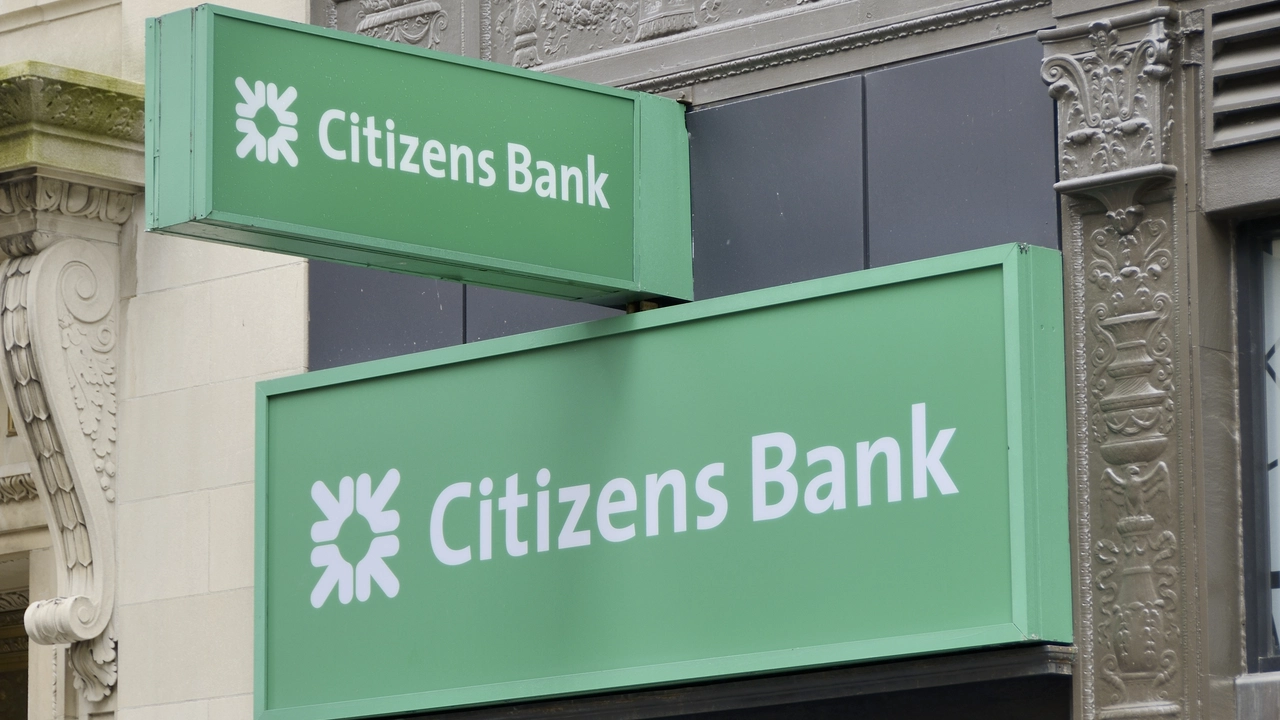National Bank: What It Is and Why It Matters
When you hear "national bank," you probably think of a big, trusted place to store money. In reality, a national bank is a federally chartered institution that follows strict government rules. That means your deposits are protected by the FDIC, and the bank can offer a wide range of services across the country.
Whether you need a checking account, a loan, or help investing, a national bank usually has the resources to handle it. Because they operate under a single national charter, they can provide consistent policies and fees no matter which state you visit.
Core Services of a National Bank
Most people start with the basics: checking and savings accounts. National banks often give you online access, mobile apps, and debit cards that work worldwide. If you need credit, they offer personal loans, credit cards, and mortgages with competitive rates.
Beyond the everyday stuff, national banks also help businesses. They can set up payroll services, merchant processing, and lines of credit to keep a company running smoothly. Some even provide wealth management, helping you plan for retirement or grow investments.
Digital Transformation in National Banking
Technology has turned banking upside down. A national bank that invests in digital tools can let you deposit checks with a photo, pay bills with a tap, and get instant alerts about your account activity. AI chatbots answer common questions 24/7, while advanced security stacks use biometric login and real‑time fraud monitoring.
Because national banks handle massive transaction volumes, they are early adopters of cloud computing and API platforms. That means third‑party apps can connect securely to your account, letting you budget, invest, or even pay friends without leaving the app you love.
But with all that tech comes a need for vigilance. Strong passwords, two‑factor authentication, and regular app updates protect your data. If a bank offers alerts for suspicious logins, sign up for them—they’re a simple way to stop fraud before it hurts.
Another trend is the rise of open banking. Some national banks now let you share your financial data with approved services, so you can see all your accounts in one dashboard. It’s a convenient way to track spending, but only enable it with providers you trust.
So, what should you look for when picking a national bank? First, check the fee schedule—many banks waive monthly fees if you keep a minimum balance or set up direct deposit. Second, compare interest rates on savings and loans; even a small difference adds up over time. Finally, test the digital experience: download the app, try a few features, and see how responsive customer support is.
In short, a national bank offers the security of federal regulation, a full suite of financial services, and increasingly, powerful digital tools. By understanding the basics and staying proactive about security, you can make the most of what these institutions provide.

Is it better to use a local bank/credit union or a national one?
Deciding between a local bank/credit union and a national one really depends on your individual needs. Local banks tend to offer better customer service and lower fees, while national banks often provide more product options and advanced technology. If you value a personal relationship and community focus, a local bank or credit union might be the better option. However, if you're looking for extensive services and online banking capabilities, a national bank could be the right choice. It's all about finding the right balance between convenience, service, and costs.
CONTINUE READING



